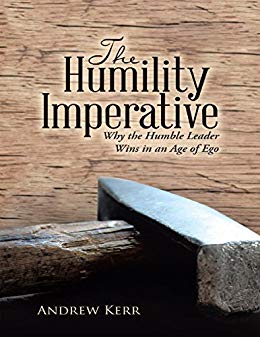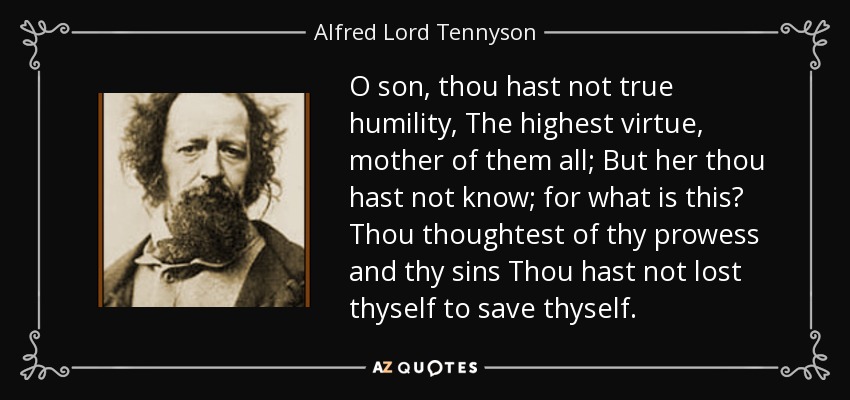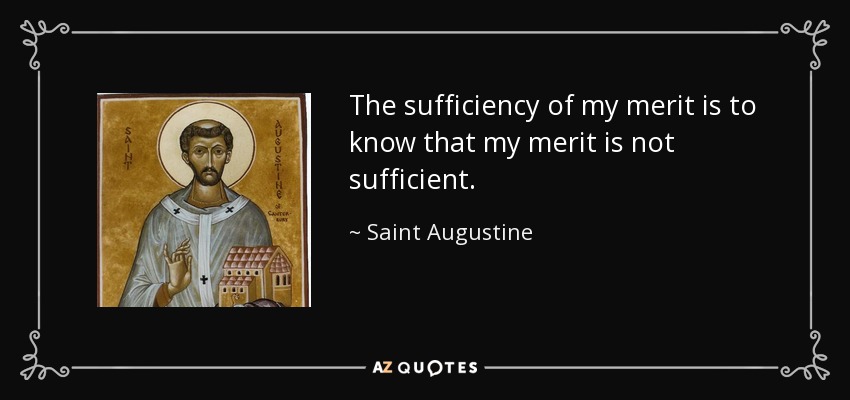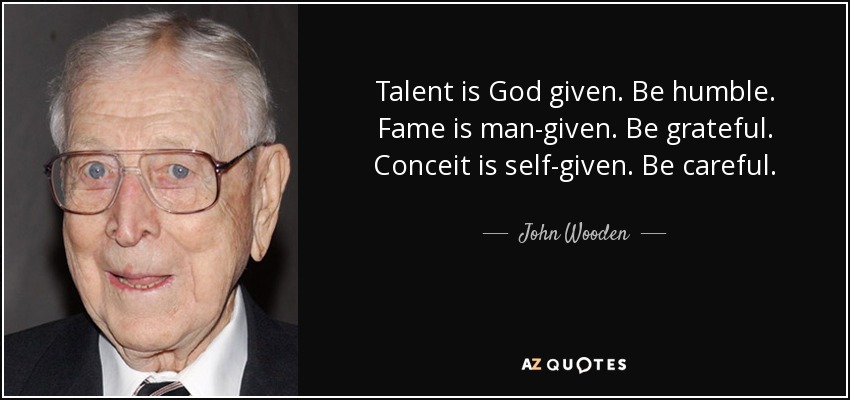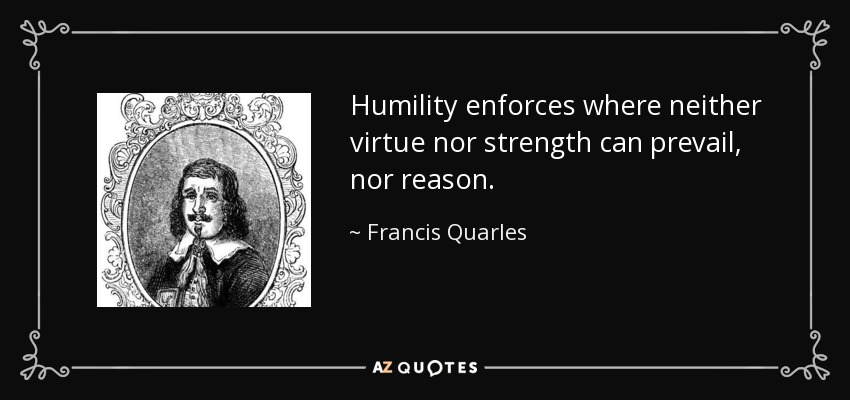Click here to return to Blog Post Intro
Learning Humility
Kerr pointed out how he grew up the son of a successful automotive dealer it Atlanta—an extremely hard worker who learned the car business step by step and took nothing for granted. Kerr’s father was aggressive, blunt, and had a passion for serving customers. And he took the time to teach his son that ego was one of the most dangerous things in business.
Kerr worked across a variety of industries spanning business, sports, and politics. In his first ten work years, Kerr coached D1 college football, served under a marine general at the Department of Homeland Security (DHS), and worked extensively with senior leadership the Hospital Corporation of America (HCA). He quickly discovered that leadership required continuous improvement and self-study.
He developed a 2-hour class entitled, “The Humility Advantage.” From the success of the class and his desire to demonstrate how humility is the greatest tool available to help leaders keep perspective and avoid catastrophic mistakes, he penned The Humility Imperative.
Humility’s Image Problem
Plenty of people wish to become devout, but no one wishes to be humble. –La Rochefoucauld
We live in an era that celebrates confidence and moxie; not surprisingly, our leaders are a reflection of this. Growing up with the pervasive influence of social media, impressionable millennials and digital natives appear comfortable with self-promoting leaders who might have been judged vain and shallow by older generations.
Evidence suggests that trust in leadership, whether it be in business, politics, or sports, has sunk to record lows. Trust in government remains low in nineteen of the twenty-seven markets surveyed. Trust business is also below 50 percent in half of those markets.
Looking back through history, we have always had trouble fitting humility into our standard leadership profile. Philosopher Frederick Nietzsche was an outspoken critic equating humility with a type “slave morality” and viewing humility as “a strategy used by the weak to avoid being destroyed by the strong.” Humility has long been considered virtuous if narrowly confined to religious leaders, but in more secular, competitive pursuits it has always been tougher reconcile.
Our stereotypes consider humble individuals:
- Doormats, who won’t stand up for themselves.
- Poor salespeople, who are allergic to the limelight or unwilling to speak up.
- Failures, who lack a track record of success.
Here are three fundamental reasons humility is consistently underappreciated in contemporary culture:
- We prize success over failure. In worship at the altar of success, we want to see an unblemished record of success.
- The power of perception rules. We often hear “fake it until make it.” We have somehow come to fully embrace the idea that people are mostly competent and credible and if we could only somehow shed our self-limiting beliefs display more confidence success would appear on our doorstep.
- We believe in Self-Esteem above all else.
In her best-selling book Quiet—The Hidden Power of Introverts, Susan Cain says, “We moved from what cultural historians call a culture of character to a culture of personality. During the culture of character, what was important were the good deeds that you performed when nobody was looking. Abraham Lincoln is the embodiment of the culture of character, and people celebrated him back then for being a man who did not offend by superiority. But at the turn of the century, when we moved into this culture of personality, suddenly what was admired was to be magnetic and charismatic.”
Author and columnist David Brooks echoes this sentiment in The Road to Character when he declares, “We have seen a broad shift from a culture of humility to the culture of what you might call the Big Me, from a culture that encouraged people to think humbly of themselves to a culture that encouraged people to see themselves as center of the universe.”
A humble leader agrees with C.S. Lewis’s notion that “humility isn’t thinking less of yourself, but rather thinking of yourself less.”
Don’t Feed the Ego
A leader isn’t worth his salt if he isn’t willing to set up the chairs. –Anonymous
In business, politics, and sports, our top leaders fail at an alarmingly high rate with disastrous downstream consequences for their organizations and communities. The average Fortune 500 CEO lasts only 4.6 years. Eighty percent of small businesses fail within the first eighteen months. From 2003 to 2013, quarterbacks drafted in the first round of the NFL draft failed at a 50 percent rate.
Humility is slowly emerging as a success factor for contemporary leaders.
Laszlo Bock, the former senior vice president of people operations Google (and author of Work Rules: Insights from Google’s People Operations), caused a minor stir on the blogosphere when he spoke openly about humility as one the top five qualities Google looks for when selecting new employees. He explained that the best employees have the ability to step forward and demonstrate initiative but that they also need “the humility to step back and embrace the better ideas of others.” Bock correctly stated, “without humility, you cannot learn.”
Ironically, when it comes to humility, often the best evidence is a lack of evidence itself. The paradox is that those who are truly the most humble would never claim to be.
Jim Collins claimed it was the paradoxical combination of “personal humility” and “professional will” that combined to distinguish what he termed Level 5 leaders.
Reimagining the Humble Leader
On Thursday, April 2, 2015, Time magazine’s reigning Man of the Year—religious leader Jose Bergolio, who is better known as Pope Francis (see Lead with Humility: 12 Leadership Lessons from Pope Francis)—could be found down on his knees washing the feet of prisoners. For this act, he didn’t ask for men; he bucked the traditionalists by specifically requesting that women be included (which had never been done before). He even included two non-Christians. The message he sent was powerful. This new pope was here to serve not be served—with authenticity, with genuine compassion, and with a spirit of humility that recognized the powerful impact that the laying down of power can have on people desperate to believe in their leaders once again.
Pope Francis has chosen one simple word to describe both his personal leadership style and attitude he wishes to engender in within the church— humility. Eschewing the trappings of a celebrity, he got rid of the pope-mobile (for a modest Ford Focus) and lives at a Vatican guesthouse rather than surrounding himself in the opulence of the pope’s traditional palace.
It is time to change the conversation and create a new profile for leadership in the twenty-first century. It is time to recognize the critical value and importance of humility to the success of leaders.
Humility creates a distinct and sustainable advantage four fundamental reasons:
- People want to work for humble leaders
- Humble leaders are more effective at leading change.
- Humble leaders outperform ego-driven leaders.
- Humble leaders better position their organization for long-term success.
One of the hallmarks of a humble leader is that he or she is approachable—keeping an open door, genuinely listening when employees share their ideas, and insisting that you are too busy for your direct reports. Being approachable means a leader is humble enough to generously share their most valuable asset—their time.
In his book The Corner Office, Adam Bryant tells us one of the key defining characteristics of the very best CEOs is that they are “passionately curious.” They are always learning, always taking on new information. They solicit diverse opinions, even from their critics and those outside their industry, so they can continue and change ahead of their competitors. The ability to stay curious when you have reached the top is what distinguishes leaders from their competitors.
Humble leaders make learning a priority and encourage others to same.
The Success Problem
After crosses and losses, men grow humbler and wiser. –Benjamin Franklin
Elite performers—who risk their lives to save others—such as rescue professionals or astronauts, “have an exceptional balance of boldness and humility.” They have to be simultaneously bold and decisive, retaining the ability to act but also cognizant of their natural fear to remain humble and perceive situation accurately.
What if success itself becomes a barrier in allowing us to tap into the power of humility?
In The Road to Character, David Brooks closely studied the lives of many legendary historical figures, from Saint Augustine to General Eisenhower, and came to the conclusion, “There is one pattern that recurs. They had to go down to go up. They had to descend into the valley of humility to climb to the heights of character. In the valley of humility they learned to quiet the self. Only by quieting the self could they see the world clearly.”
Humility serves as a kind of antidote to combat our natural tendency toward overconfidence. When provided a position of power, humble leaders do not become entrapped by the prestige of their position or fall into destructive self-absorption.
If you are a leader, the thin line between healthy confidence and destructive overconfidence should be a concern. This is why humility has become absolutely imperative for twenty-first-century leadership.
The Insular Organization
The fullest and best ears of corn hang lowest toward the ground. –Bishop Reynolds
In a comprehensive case study in organizational disaster entitled How The Mighty Fall, Jim Collins quickly came to see organizational decline as a five-stage process that begins with collective arrogance ends tragically with either irrelevance or death. Collins calls the first stage the “Hubris Born of Success” and notes this initial stage begins when a great company becomes “insulated by success.” Collins is quick to point out that “great companies foster a productive tension between continuity and change,” but those that experience long-term success never put their primary business on autopilot to pursue flights of fancy.
Collins points to Wal-Mart as an exceptional company. Despite being the world’s number-one retailer for years, their culture is one of “deep humility and learning orientation.”
How to Increase In Humility
It is no great thing to be humble when you are brought low; but to be humble when you are praised is a great and rare achievement. –St. Bernard (Italian Bishop)
Pat Tillman turned down a $3.6 million contract extension from the Arizona Cardinals. In a letter about his decision, the most striking line—the one that reveals the most—is when he wrote about his status as a professional athlete “strokes my vanity enough to fool me into thinking it’s important.” This is powerful. In a society where everyone wants to be rich and famous, Pat Tillman was able to recognize this desire was pure ego and deny its basic premise. Even more than turning down money, Tillman did the unthinkable—he turned down fame and adulation. He recognized the hollowness of celebrity. Instead of allowing others to stroke his ego, he muzzled it by humbling himself to serve, not as an officer directing others but as a regular soldier putting himself in harm’s way on the front lines.
Consider these reasons why our humility is put at risk:
-
- Winning too much. The more the wins pile up, the easier it is for your humility to get lost in the shuffle.
- Praise. Writer Mathew Hutson has said, “Winning an award is about the least humbling thing in the world.”
- A supportive inner circle. Are the people close to you strong enough to occasionally challenge you when you need it?
Here are a few actions we can take to begin to exert control over the insidious influence of self-given conceit:
-
-
- Don’t get too comfortable. Beware the trappings of your position. When we have been in a leadership position for too long, it is easy to become entitled.
- Don’t believe your positive press.
- Don’t surround yourself with “yes” people. When hiring new people to your team, actively look for a diversity of styles and opinions rather looking for individuals who see the world the way you do.
- Don’t rationalize mistakes. By explaining away mistakes, you send the wrong message to your team, but you also miss the valuable chance to learn from your own mistakes and share them with others.
-
Instead, take these actions to continually and purposefully become more humble:
-
-
- Embrace failure. Entrepreneurs use terms like “fail up” or “fail forward” to explain the iterative process whereby short-term failures ultimately guide them to success. We increase in humility when we are comfortable enough to admit our own error and courageous enough to share it to benefit others.
- Do something painful.
- Deflect praise. Absorbing praise and listening closely to those who applaud you is probably the quickest way to erode your humility. Accolades should be for your team to help celebrate success and acknowledge their contributions, not for leaders to bask in the limelight.
- Commit to service. Savvy leaders are becoming more aware of how important it is to find new ways to serve their team members.
- Plan to make yourself expendable. A leader without a succession plan is selfish. If you haven’t done it yet, make it a goal to put together a succession plan. It is an act of incredible professional maturity. It is a visible demonstration of humility and the acknowledgment that your time is limited and you are not indispensable.
-
Seek Humility or Be Humbled
Everyone I meet is in some way my superior. –William Shakespeare
Frances Perkins, the first female secretary of Labor serving in the cabinet for Franklin Delano Roosevelt throughout most of New Deal implementation, said, “I began to see what the great teachers of religion meant when they said that humility is the greatest of virtues, and if you can’t learn it, God will teach it to you by humiliation.”
Mother Teresa, a model of humility and service, once said, “We learn humility through accepting humiliations cheerfully,” but with great respect, this is a notion only a living saint could comprehend.
Blogger and spiritual advisor Vraja Bihari states the fundamental choice very eloquently, “be humble or get humbled”; the choice is yours. Get down on your knees voluntarily or be brought to them forcefully. David Brooks contends, “There is something morally impressive about humility.”
When Best-selling author Michael Lewis (author of Moneyball, The Big Short, and The Blind Side) met with the Golden State Warriors League MVP Steph Curry. When Curry was asked by reporters about Lewis’s message, Curry replied, “He said the more he became successful, the less people wanted to tell him that, so he really cherished the couple voices around him that would keep it straight with him no matter how big his name got, no matter how many awards he won, no matter how many best sellers he had.”
It takes consistent effort, awareness, and yes even some strategic focus to maintain humility. If you are a leader, you cannot afford to be passive in cultivating humility. It needs to be a critical part of your playbook with a disciplined plan for how to periodically renew it.
Striking the Balance
It is impossible to serve others without an intact foundation of personal humility. Acting in a professional role requiring outstanding service does not mean being submissive, passive, or even simply following orders. It is active and engaged, seeking to anticipate a customer’s need and resolve it before they even inquire. It requires humility to serve well, but it also requires great confidence and the ability to step forward and accept a challenge.
F. Scott Fitzgerald once declared, “The sign of a first-rate intelligence is the ability to hold two opposing ideas in the mind at the same time and still retain the ability to function.”
In Good to Great, Jim Collins and his team opened our eyes to the power of humility. They recognized it as the capstone of a leader’s journey.
Want to shake up an arrogant, bloated bureaucracy? Combine equal parts of creativity and courage with a healthy dose of humility. Need to take the next step in your career and earn that big promotion? Move forward aggressively with an equal mixture of confidence and humility to produce results and make allies along the way.
More than anything else, the essence of humility can be summed in one word: perspective. The ability to accurately see ourselves from a distance without the haze and distortion ego inevitably causes.
In the end, humility may not be a perfect tool, it may not be able to provide the scientific precision of a spacecraft, but it is readily available for those who have the courage and persistence to seek it.
Thank you, Andrew Kerr, for your offer of The Humility Imperative and for sharing your message about the importance and impact of humility on the life of leaders and their teams and organizations. On this “Be Humble Day,” it’s a message we need to hear, as we continue to shoot for the stars!

